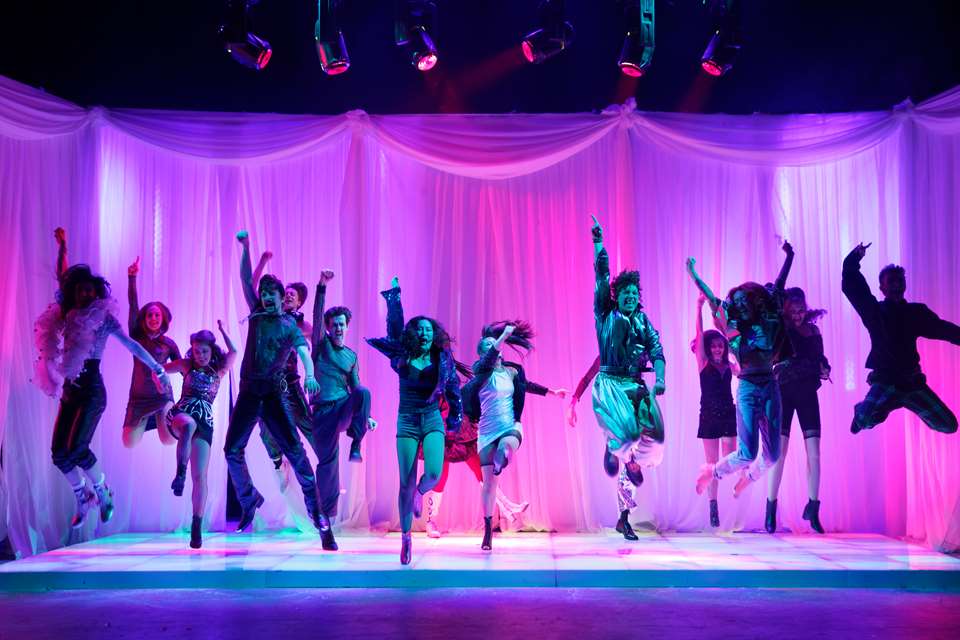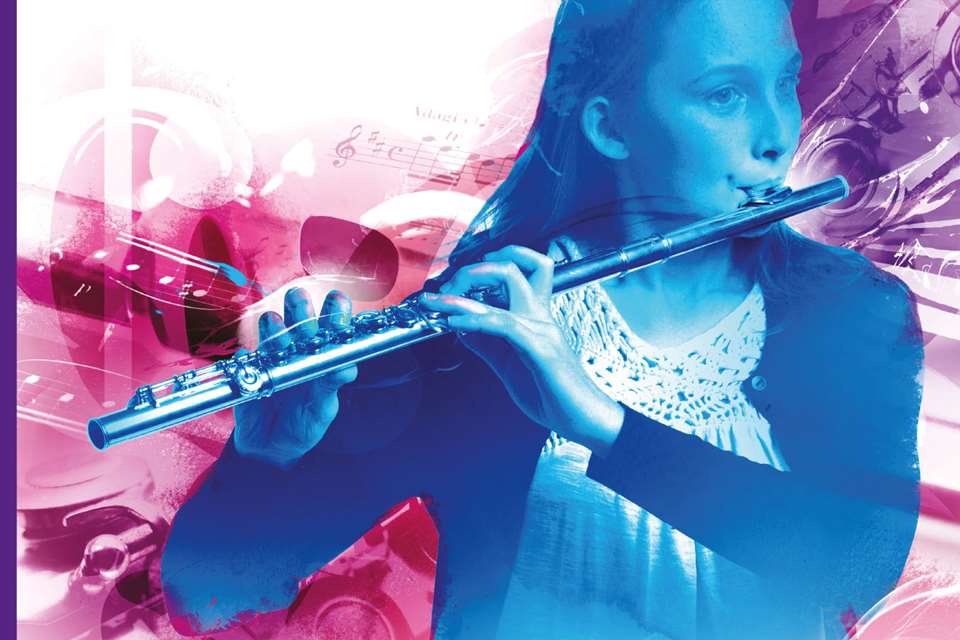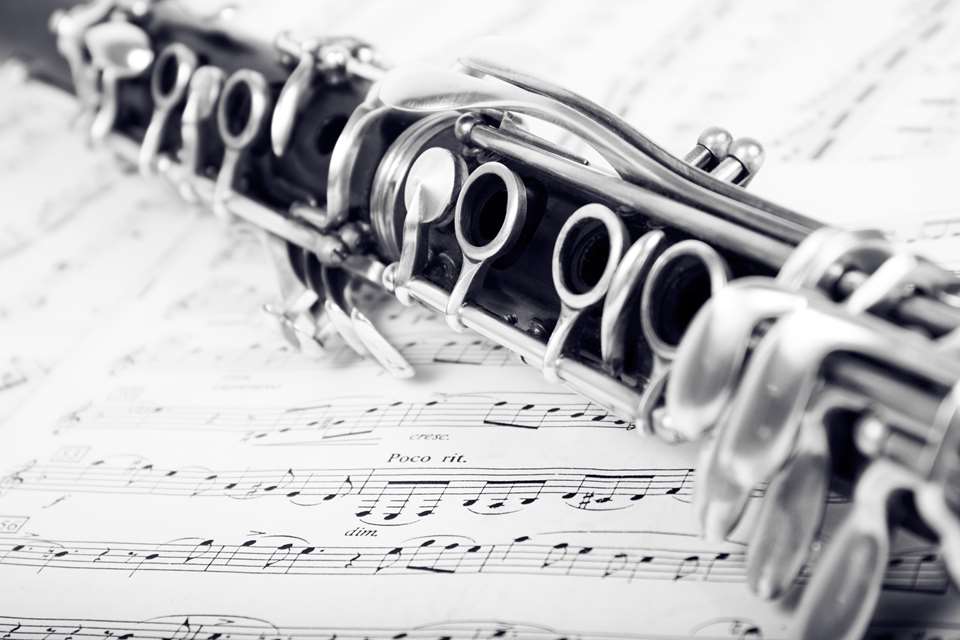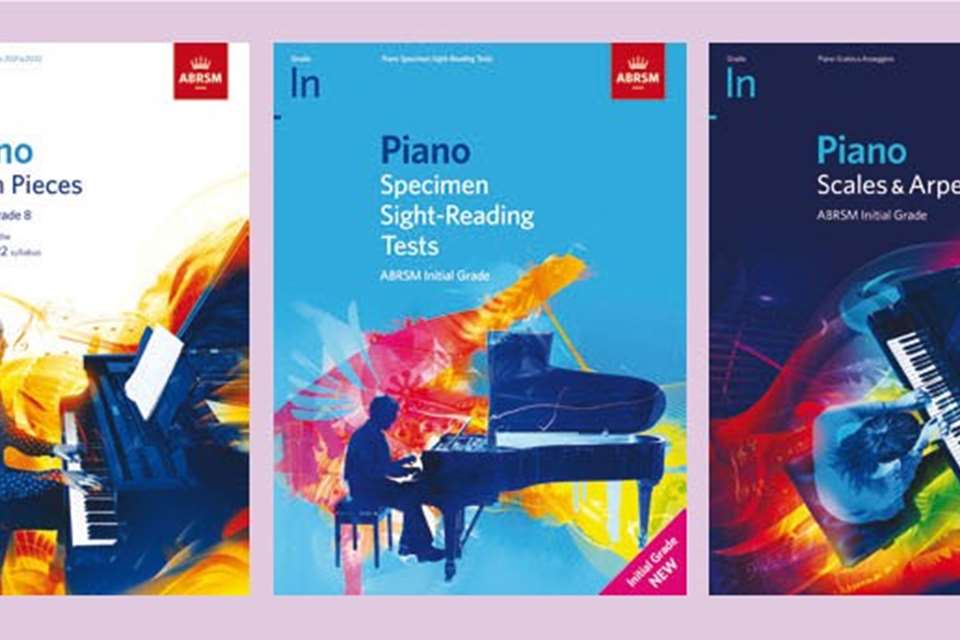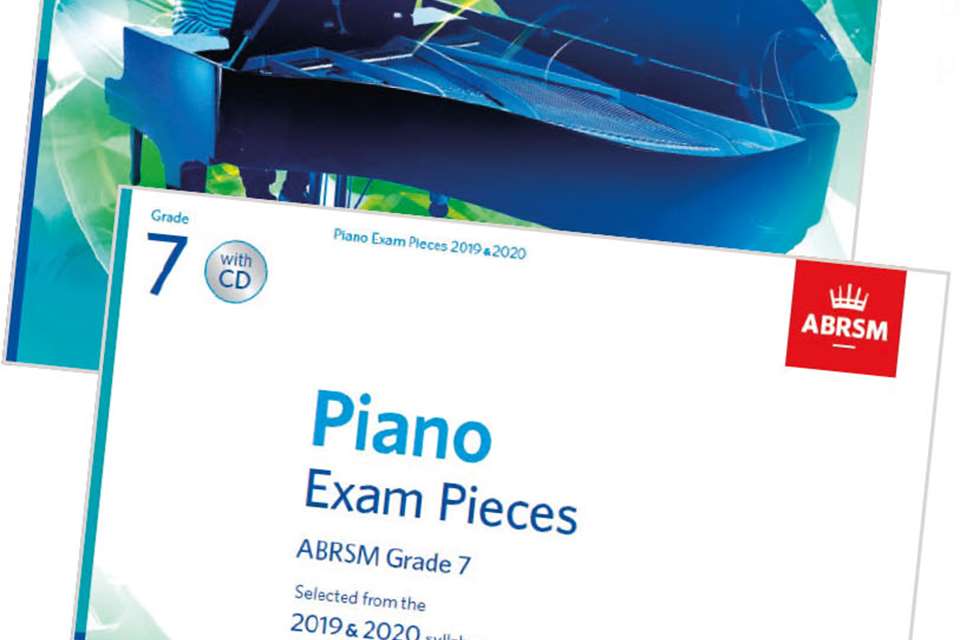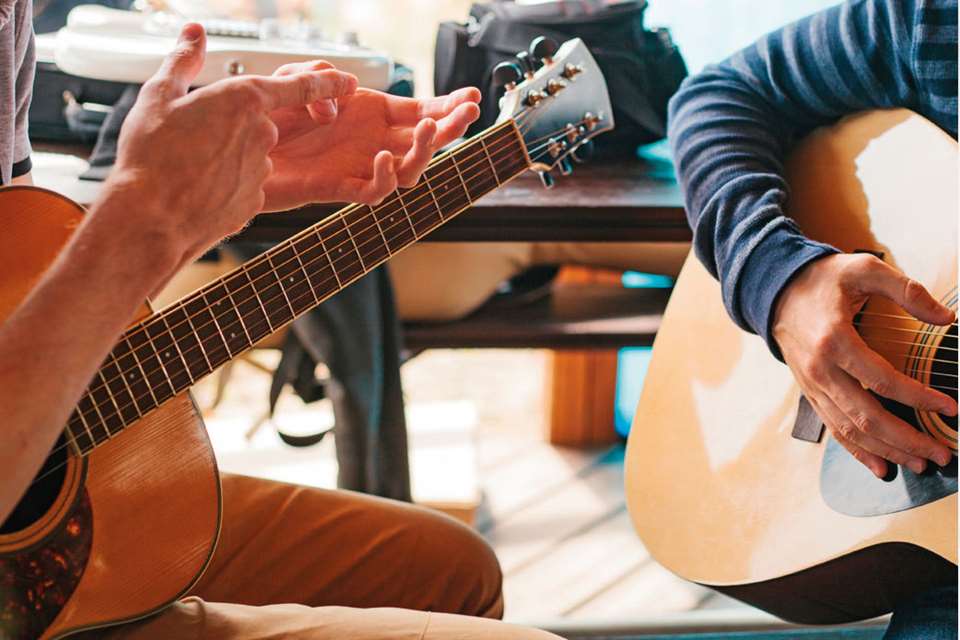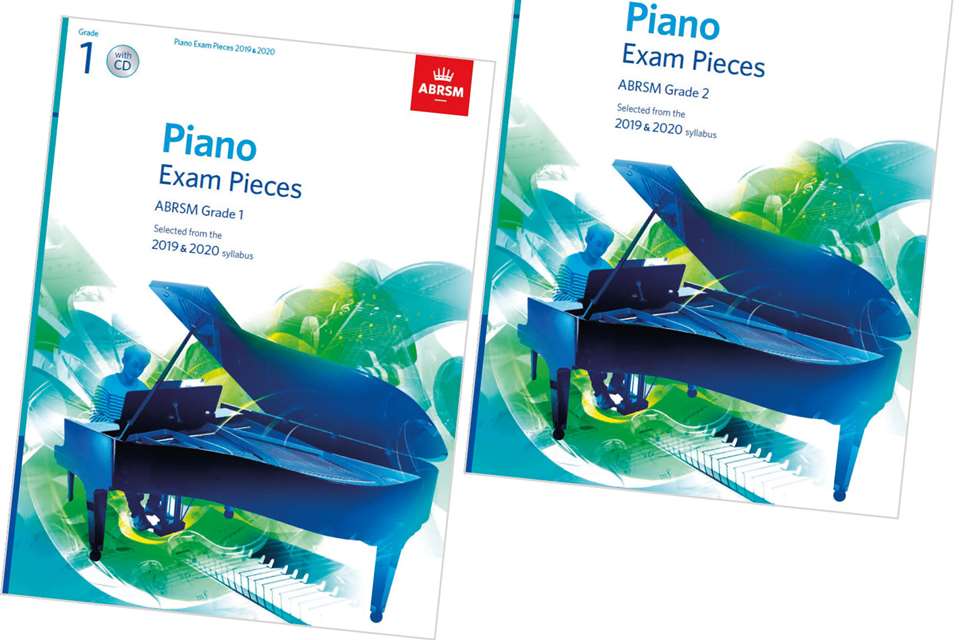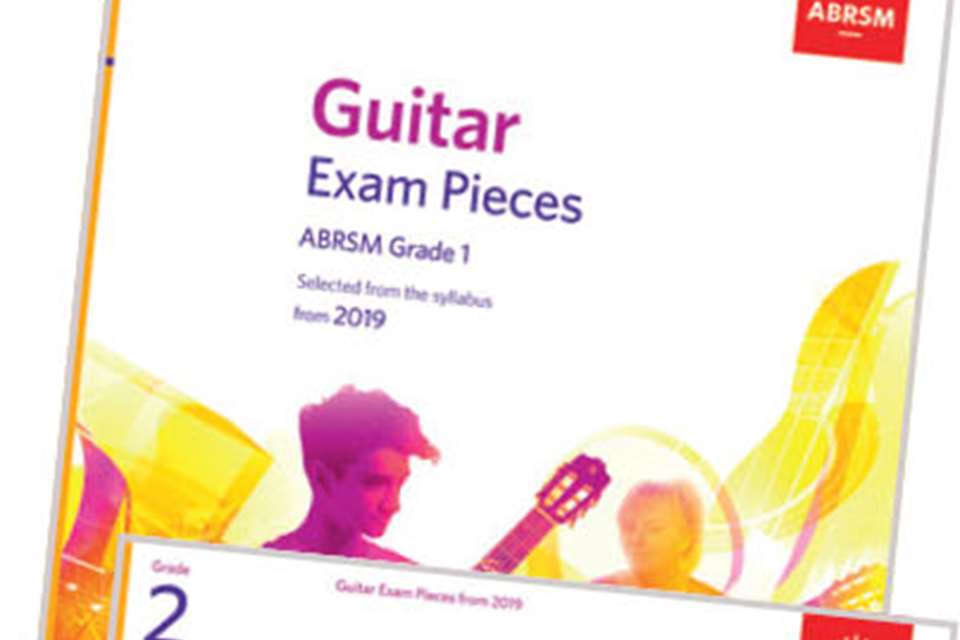Reviews: ABRSM Singing for Musical Theatre syllabus
Janet Holland
Wednesday, June 1, 2022
Janet Holland reviews ABRSM's Singing for Musical Theatre syllabus for Grades 1 to 8.
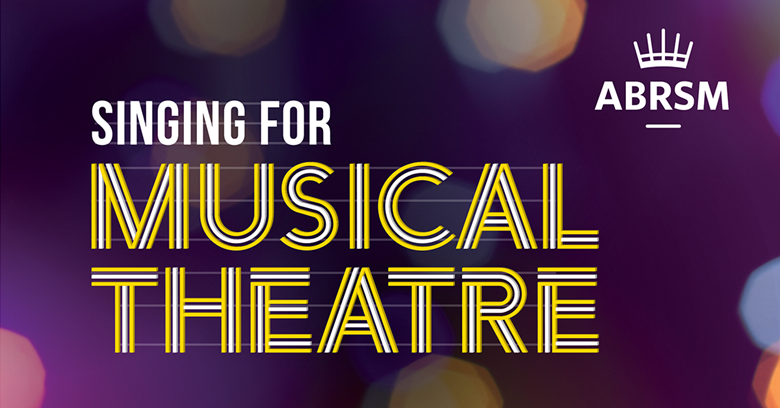
Launched in 2018, the original ABRSM Singing for Musical Theatre syllabus was initially for Grades 1 to 3, and then expanded to Grades 4 and 5. This year, teachers are finally able to access the whole range of grades, from 1 to 8.
I was happily teaching from the ABRSM Singing syllabus in 2018, but on seeing the Singing for Musical Theatre syllabus, I was immediately attracted by the broad range of repertoire included. The syllabus offers students the chance to do something different, and it is clear that the development of the syllabus entailed an extensive amount of research and focus. I jumped at the chance to teach something that required a completely different set of skills.
Some of my pupils stayed with the more traditional singing material, but others were extremely happy to try different genres, especially students involved in street dance, choirs and musical theatre. They found the Singing for Musical Theatre course not only interesting but interactive, and I've found that it is accessible to all ages and abilities. We were all very pleased when the range expanded to Grades 4 and 5.
The long-awaited Grades 6 to 8 became available in January this year – and what a selection! The songs stretch from the classics, such as Gershwin and Cole Porter, to contemporary stage and screen musicals from Sondheim to Lloyd-Webber, Mamma Mia to Camelot, and Showboat to Lion King. At this level, this is a magnificent opportunity for students of all ages and stages to learn, research the shows, perform, experiment and most importantly, enjoy themselves.
This new addition completes the learning journey that starts at Grade 1, involving not just songs and music, but also developing the qualities needed for a possible career in the music industry; or, simply life skills such as creative thinking, exploration, and self-confidence. This is a great starting point if your pupils are thinking of a professional career in the theatre and are preparing for auditions, but it is also aimed at anyone who wants to sing for fun, build self-confidence, set themselves and achieve challenges, discover hidden talent, self-motivate, improve communication, solve problems, think critically, and refresh creativity.
In Grades 6 to 8, the songs are naturally more specialised, and care needs to be taken to select age-appropriate songs for younger singers. This potential minefield is superbly dealt with by parental guidance notes about possibly inappropriate material alongside the songs. Poisoning Pigeons in the Park by Tom Lehrer is probably not suitable for those of a nervous disposition.
The syllabus comes in two flavours: firstly, Practical Grades, including three songs, live exams, aural tests and sight-singing. The second type is Performance Grades, involving pre-recorded exams featuring four songs. There is a wealth of choice; over 950 songs over all the grades. There is also a change to the own-choice song requirements to allow unpublished repertoire, including candidates’ own compositions. This is a great opportunity for teaching, learning and extending skills.
There are pre-requisites for entry to the higher-grade exams – Grade 5 Theory or similar – and it could be difficult to find songs for younger students at this level. Some of the choices are somewhat obscure, or so new as to be untried in this context. However, there are songs that are serious, romantic, sad, happy and frivolous.
Currently, there are songbooks for Grades 1 to 5 only. ABRSM has published sight-singing books and aural test books at Grades 6 to 8, so I sincerely hope that songbooks will follow, as the content of these books is wisely chosen for a range of ages, abilities and interests. The former books are incredibly helpful and informative and will give students a useful grounding in qualities essential for success at this higher level, and in future careers in music.


